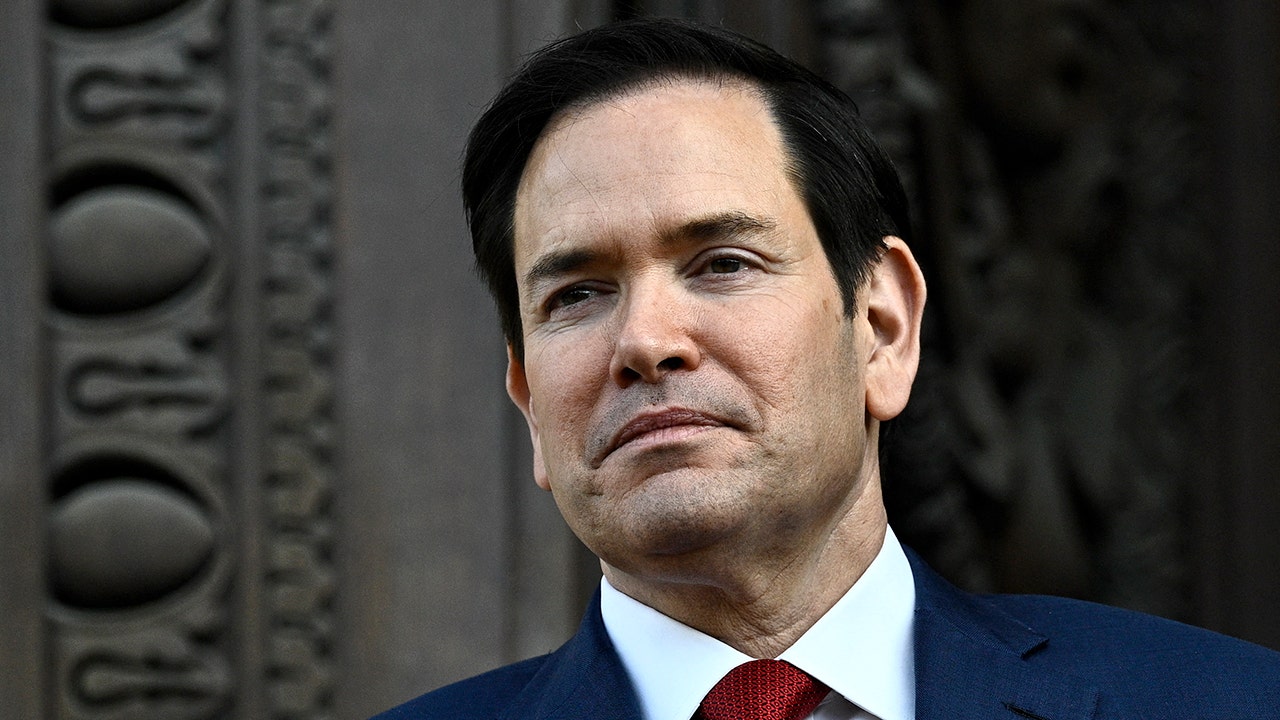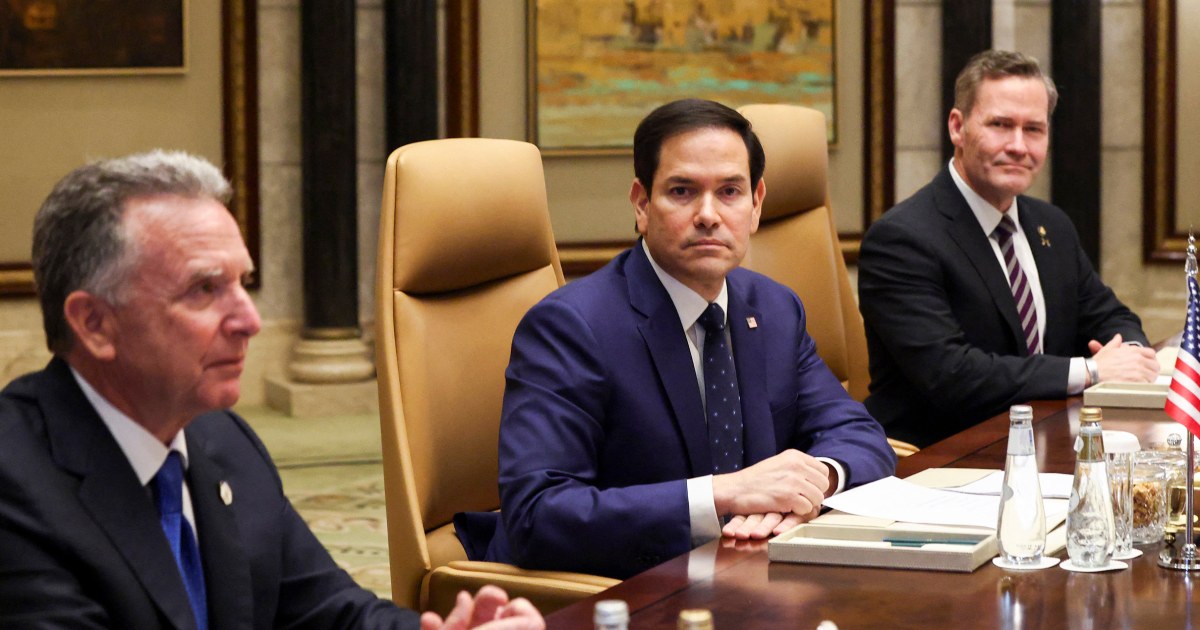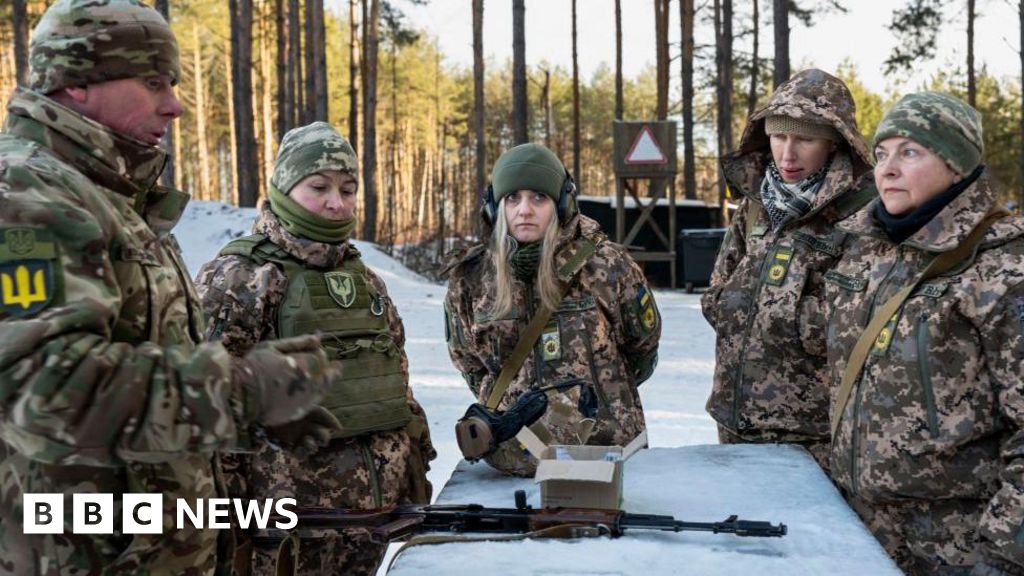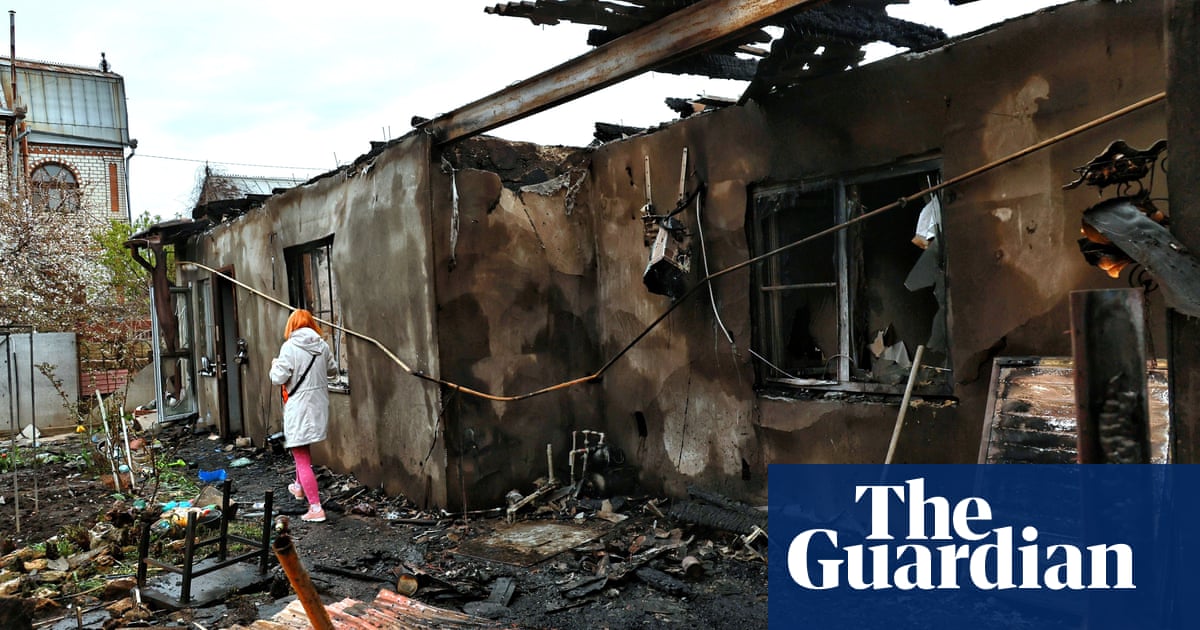U.S. Signals Possible Shift in Russia-Ukraine Peace Efforts Amid Ongoing Violence
Secretary of State Marco Rubio warns U.S. may abandon peace efforts if no progress is made in days, following high-level talks in Paris.
Overview
In Paris, U.S. Secretary of State Marco Rubio stated the U.S. might move on from peace efforts if there is no progress within days. Following talks with European and Ukrainian officials, Rubio noted a U.S.-authored peace outline was constructively received, but further negotiations were needed. Concurrently, violence escalated in Ukraine with recent missile strikes in Kharkiv. Meanwhile, Ukraine and the U.S. signed a memorandum towards a minerals deal, aiming to bolster economic cooperation between the countries. The urgency to find a resolution to the ongoing conflict is heightened by fears of a shift in the U.S. administration's approach.
Report issue

Read both sides in 5 minutes each day
Analysis
- High-level talks in Paris focus on Ukraine's future and security, involving key U.S. officials and European leaders, including Secretary of State Marco Rubio and special envoy Steve Witkoff.
- Ukraine's delegation aims to secure guarantees from the U.S. and European allies regarding military support and a prospective ceasefire, with discussions on a multinational military contingent and effective security architecture for Ukraine.
- Negotiations have been shaped by the recent warning from Secretary of State Rubio that the U.S. may abandon peace efforts if no progress is seen in the coming days, underscoring the urgency of establishing a strategic partnership with European allies.
Articles (17)
Center (7)
FAQ
The talks involved U.S. Secretary of State Marco Rubio, U.S. special envoy Steve Witkoff, French President Emmanuel Macron, Ukrainian officials including Presidential Office head Andrii Yermak, Foreign Minister Andrii Sybiha, Defense Minister Rustem Umerov, and European officials from countries such as France, Germany, and the UK.
The main goals were to discuss strategies to achieve a ceasefire in Ukraine, establish a full ceasefire, create a multinational military contingent, provide security guarantees for Ukraine, and find real, practical solutions to end the Russia-Ukraine war.
Recent Russian missile and drone strikes in Ukrainian cities such as Dnipro, Odesa, Sumy, Kharkiv, and Donetsk resulted in civilian casualties, including the death of three people in a drone attack in Dnipro, increasing the urgency for ceasefire discussions.
There is concern among European and Ukrainian officials about the U.S. administration under President Donald Trump, with perceived cozy overtures toward Moscow and lack of public commitment to provide military support, which complicates efforts to form a coalition to police any future peace agreement.
The talks also addressed transatlantic tensions, including discussions on tariffs and efforts to de-escalate conflicts in the Middle East.
History
- 7M

 3 articles
3 articles
- 7M

 6 articles
6 articles












